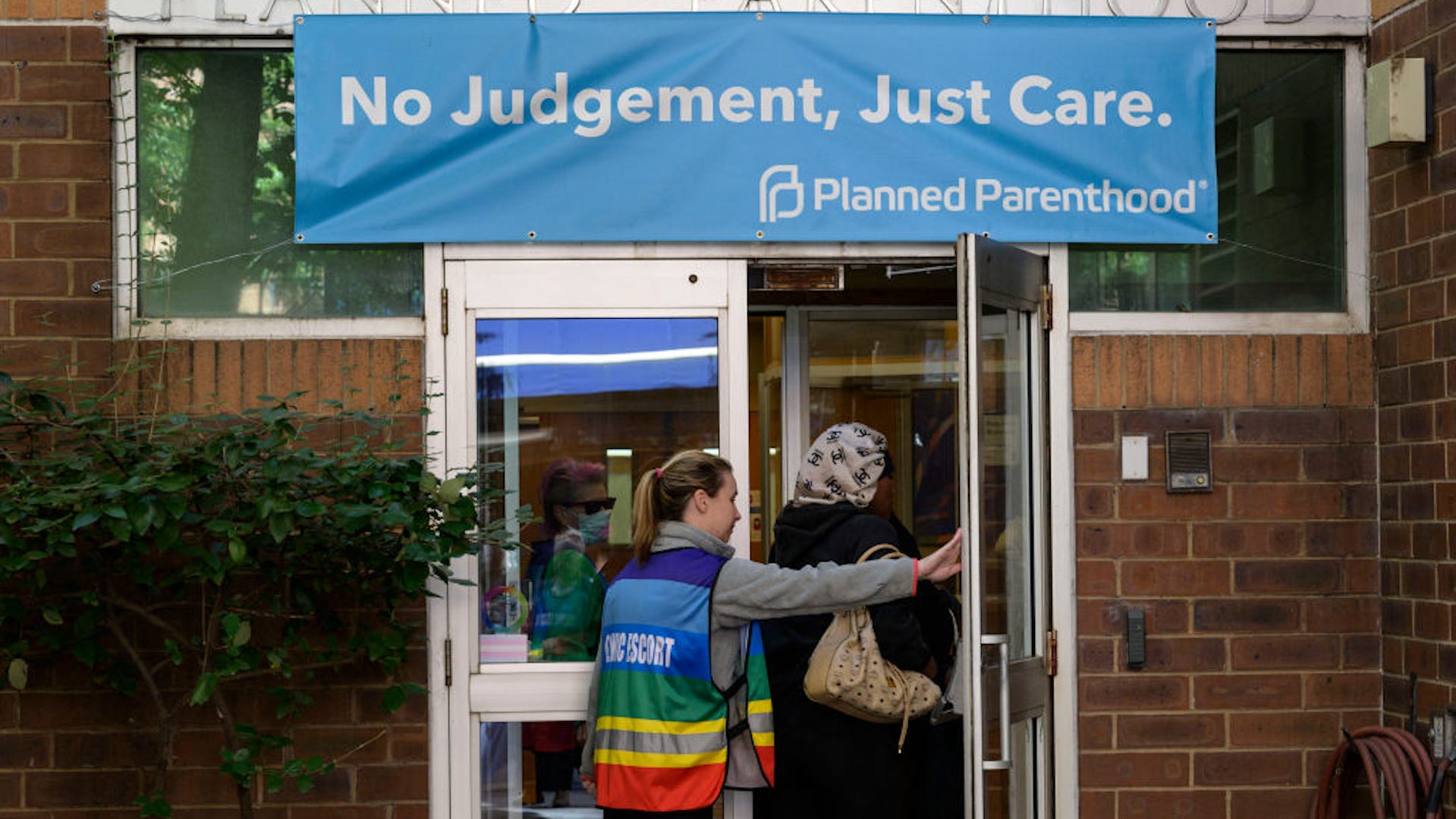Supreme Court rejects conservative challenge to Obamacare health coverage
Two Christian-owned businesses and some people in Texas argued that experts recommending what health insurance must cover is so powerful that they should be confirmed by the Senate.

WASHINGTON − The Supreme Court on June 27 rejected the latest conservative challenge to the 2010 Affordable Care Act, an attack on free access to cancer screenings, drugs that prevent HIV, cholesterol-lowering medication and other preventive health care services.
Two Christian-owned businesses and some people in Texas argued that the experts recommending some of the services health insurance must cover are so powerful that they must be appointed by the president and confirmed by the Senate.
In a 6-3 decision, the Supreme Court disagreed, meaning a task force proposing these Obamacare services can continue to do so.
But their ruling could give more power to Health and Human Services Secretary Robert F. Kennedy Jr. to decide which services must be available without copays or deductibles.
"While today’s ruling allows many Americans to breathe a sigh of relief, coverage for this vital care remains at risk," Zachary Baron and Andrew Twinamatsiko, directors of the Center for Health Policy and the Law, said in a statement. "All eyes will turn to the Trump administration to see if Secretary Robert F. Kennedy, Jr. directs the U.S. Preventive Services Task Force to revisit or issue new recommendations that could erode access to preventive care.”
A popular Obamacare health benefit at the heart of Supreme Court fight
The benefit is one of the most popular provisions of the Affordable Care Act − commonly referred to as Obamacare − which has largely survived more than 2,000 lawsuits and multiple trips to the Supreme Court.
The latest challenge came from Texans who objected to the requirement that insurers cover the HIV-prevention drug PrEP. They raised religious objections to the drug, saying it encourages same-sex relationships.
A federal judge ruled the Christian businesses do not have to include PrEP in their insurance plans.
But the judge also said the makeup of the U.S. Preventive Services Task Force, which recommended coverage of PrEP and other preventive services, violates the Constitution’s appointments clause. The clause requires presidential appointment and Senate confirmation for officials in significant positions of authority – such as cabinet secretaries and other top agency officials.
Biden and Trump administrations defended the law
The Justice Department – both under the Biden and Trump administrations – fought back.
The government argued it’s the Health and Human Services secretary, and not the task force, that has the “ultimate responsibility” for whether the experts’ recommendations become final. The secretary can fire task force members, review their recommendations and prevent recommendations from taking effect, the Justice Department said during April’s oral arguments.
The attorney for the Christian businesses said the secretary doesn’t have complete control over the task force. Under the law, he noted, tasks force members are supposed to be “independent and, to the extent practicable, not subject to political pressure.”
The government said that independence requirement merely means the task force is supposed to make recommendations based on their impartial medical and public-health judgments.
Writing for the majority, Justice Brett Kavanaugh said it would be odd "for this Court to attribute to Congress the intent to create such a powerful independent agency − whose members would therefore require Presidential nomination and Senate confirmation − when the text of the statute says nothing of the sort."
Recommendations are regularly updated
The task force typically updates its recommendations every five years to account for medical advances or reflect new evidence of risk.
For example, in 2021, the task force extended recommendations for colon cancer screening to people 45 and older, instead of 50 and up, because of increased diagnoses in younger people.
Other services recommended since the ACA was passed include medications like statins to prevent heart disease, lung cancer screenings for certain adults, physical therapy for older people at risk of falling, and testing for hepatitis.
Before Obamacare, Americans used preventive services at only about half the recommended rate, according to the federal government.
Other services, such as vaccines, that are recommended by different experts, are in dispute under another aspect of the case that is still in the lower courts.